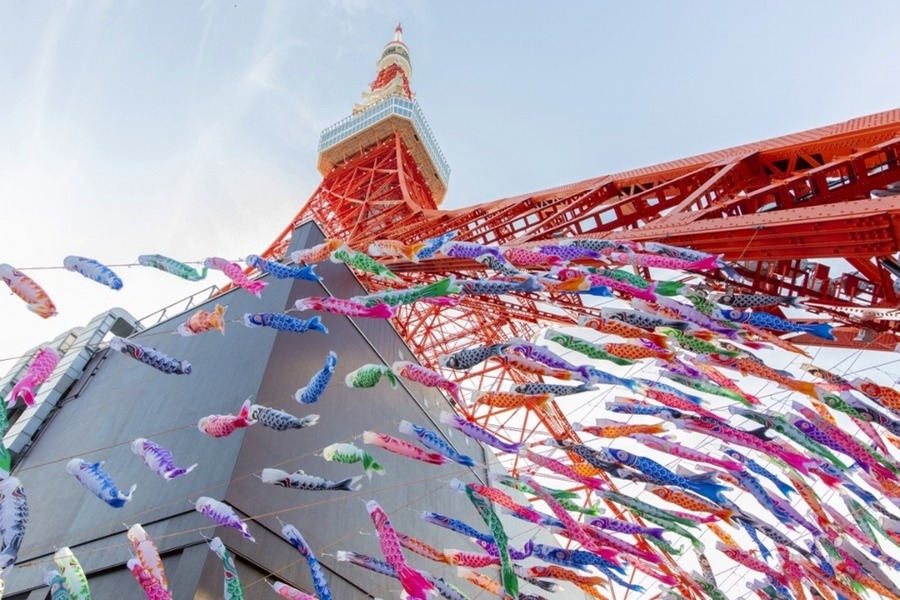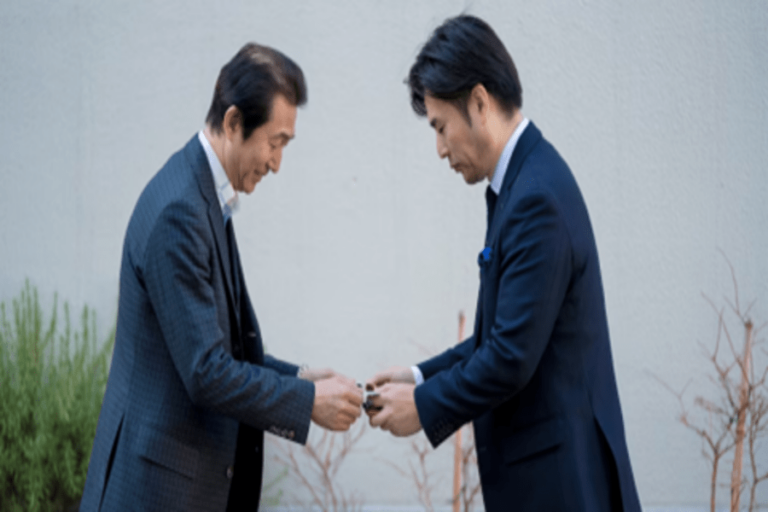As the world spins on its axis, different cultures mark their calendars with unique holidays and observances, shaping the rhythm of life. In Japan, a nation steeped in tradition and modernity, bank holidays reflect a blend of historical events, cultural celebrations, and moments of national significance. In this article, we take a comparative journey to explore the distinct bank holidays in Japan and how they differ from those observed around the globe.
Golden Week in Japan:
A standout feature in the Japanese holiday calendar is Golden Week, a cluster of consecutive holidays that often extends from late April to early May. Comprising Showa Day, Constitution Memorial Day, Greenery Day, Children’s Day, and often including additional observances, Golden Week is a time of festivities, travel, and reflection on Japan’s history and natural beauty.
Cherry Blossom Viewing (Hanami) Season:
While not an official holiday, the cherry blossom season is a cultural phenomenon in Japan, marking the arrival of spring. Many people take time off work to indulge in “hanami,” or cherry blossom viewing, by enjoying picnics and strolls under the blooming trees. This unique cultural celebration sets Japan apart in its approach to appreciating nature’s beauty.
Obon Festival:
The Obon Festival in mid-August is a time for honoring ancestors. While it is not a nationwide public holiday, many businesses close or operate with reduced hours during this period, allowing people to return to their hometowns and participate in ancestral rituals. This reflects the cultural significance of family and tradition in Japanese society.
Respect for the Aged Day:
Celebrated on the third Monday of September, Respect for the Aged Day is a Japanese holiday honoring senior citizens. In contrast, many countries observe International Day of Older Persons on October 1st. Both occasions share the common theme of acknowledging and appreciating the contributions of older individuals to society.
Labor Thanksgiving Day:
Falling on November 23rd, Labor Thanksgiving Day in Japan expresses gratitude for workers’ contributions to the nation. This contrasts with International Workers’ Day, commonly observed on May 1st in many countries. While the focus is similar, the timing and historical context differ, shaping the nature of the celebrations.
New Year Celebrations:
In Japan, the New Year is a significant cultural event, and the celebrations extend beyond January 1st. People traditionally visit shrines, exchange New Year’s cards, and enjoy special foods. While New Year is universally celebrated, the customs and traditions surrounding the occasion vary, with some cultures placing more emphasis on New Year’s Eve festivities.
Emperor’s Birthday:
Japan celebrates the birthday of its reigning emperor as a national holiday. The date varies based on the emperor’s birthdate, highlighting the connection between the imperial family and the nation’s identity. In contrast, countries with constitutional monarchies may observe similar holidays but with different historical and cultural contexts.
Christmas in Japan:
Christmas in Japan is celebrated, but it is not a public holiday. The emphasis is often on festive decorations, gift-giving, and enjoying special meals. The cultural approach to Christmas in Japan differs from Western countries, where it is typically a public holiday and a significant religious observance.
Coming-of-Age Day:
The second Monday of January in Japan is celebrated as Coming-of-Age Day, honoring individuals who have turned 20, marking the age of legal adulthood. In some countries, similar milestones are celebrated, such as the legal drinking age in the United States or the age of majority in various legal systems.
National Foundation Day:
National Foundation Day on February 11th in Japan celebrates the mythical foundation of the nation and the accession of the first emperor. While not a public holiday in many other countries, some nations have similar observances that commemorate their own historical foundations or independence.
Conclusion:
Bank holidays offer a window into the cultural tapestry of nations, reflecting their histories, values, and societal priorities. In Japan, the unique blend of traditional ceremonies, modern celebrations, and moments of reflection creates a distinctive holiday calendar. Comparing these festivities to those observed globally underscores the rich diversity of customs that shape our shared human experience.






